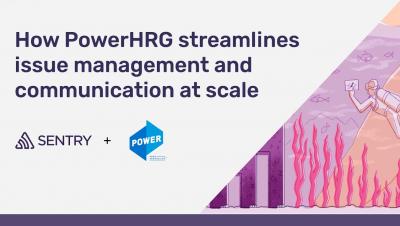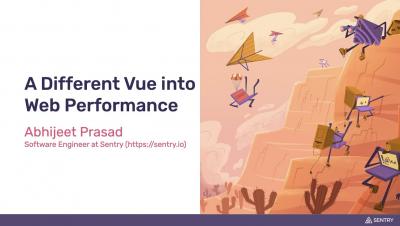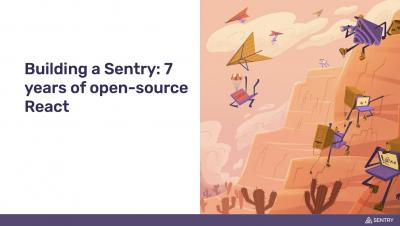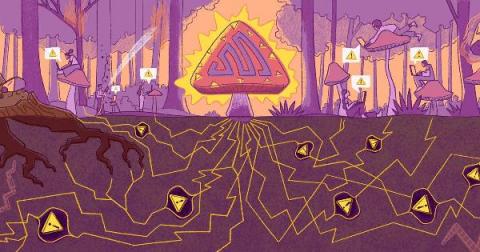Operations | Monitoring | ITSM | DevOps | Cloud
Sentry
Measure, Track, Improve: Streamlined event exploration and increased visibility into team health
For many engineering leaders, measuring their team’s impact can be hard to quantify and a face:palm process, filled with searching through logs and exporting data sets to cobble together a report that most people won’t even look at twice. And let’s be honest, if you wanted to spend time making reports, you wouldn’t have become a developer.
Vue.JS Live 2021 Workshop: A Different Vue into Web Performance
React Advanced 2021 Workshop: "Building a Sentry: 7 years of open-source React"
Change Happens - Get Alerted
To give you enough notice to fix an issue before it escalates, we’re evolving our alerts and making them more proactive with Change and Crash Rate Alerts. So when your application experiences a change from the norm or a dip in crash-free sessions, Sentry will (smartly) alert you via Slack, Teams, PagerDuty, or old-fashioned email.
Keep Gamers Gaming - Application Monitoring for Unity
Given the millions of registered Unity developers worldwide, Unity is arguably the most popular engine used to develop games. But, whether you’re building the latest FPS or a turn-based classic, you need visibility in how your game is performing on a gamer’s device. More than 800 game development and platform companies rely on Sentry, from OutFit7 to Riot, Epic Games, and Unity.
We Just Gave $154,999.89 to Open Source Maintainers
Sentry is an open source company. We started out in 2008 as a small open source side project, and we grew within the community for years before commercializing in 2012. We’ve worked hard to keep our full product as open source as possible, while scaling as a business. Considering our commitment to open source, we are grateful to be able to give back to the community (and what better time than during Hacktoberfest, amirite?). (P.S.
How Nextdoor Finds the Right People (at the right time) to Fix the Right Issues
Automate, Group, and Get Alerted: A Best Practices Guide to Monitoring your Code - Part 2
Missed part one? Check out the full guide here. As companies grow, so do their products, teams, and the number of external tools. For engineers, that can mean code sprawl, data silos, notification fatigue, and some “what the…?” moments along the way as they try to make sense of it all.











